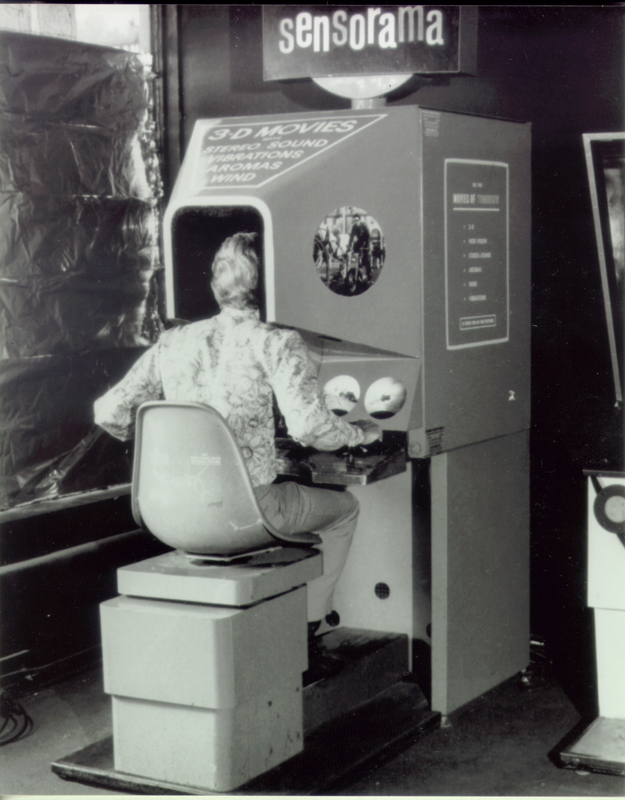Do you ever feel like you’re being watched?
With the recent advancements in wearable technology, users can gather more and more information about themselves and the world around them. From Go-Pro’s to Google Glass, users can collect, photos, video, audio, location and health information.
Sometime this information is locally stored, but many devices are connected to bluetooth, wifi or cellular data, and many must be linked to accounts like Google.
A lot of information is stored online to increase user satisfaction. For example, FitBit stores it’s users information on the cloud so that they can access it on their phone or desktop. FitBit makes it clear in their terms and conditions that they do not sell or distribute personally identifiable information (PII), except under “limited circumstances.”
Although this sounds great, I dug a little further, and in the fine print, it explains that your PII can be disclosed to others in a “sale of assets.” So if the company is struggling, FitBit can sell your email, address, name and other information and just send you a notification.
Thankfully, FitBit just has basic information like that. While it could sell access to your google account, and potentially any information stored there, this is small stakes compared to what other private information could be made public.
What about when wearable technology records high quality audio and video? This potentially leaves users vulnerable to be tracked or watched by the company, anyone they “sell assets” to, or potential hackers and hactivists.
This also puts the people around the user at risk of being recorded or tracked without their consent. As wearable tech becomes more common and less noticeable, it will become essentially invisible. Whether in public or private spaces, anyone wearing glasses or a watch could be a spy.
Even more nerve-wracking is that they could be spying on you without knowing. A hacker could watch some through their (or their family’s) wearable technology. Not only is this invading their privacy, but could prove dangerous and encourage assault, rape or murder.
There are plus sides though. We’ve recently seen some success in requiring police officers to wear body cameras. Wearable tech like this would give video evidence in court for many committed crimes. It would help record everything from traffic accidents to murder, and to convict criminals properly.
Government’s access to these video’s would have to be restricted however. In the first Presidential debate of 2016, when asked about Homeland Security, Hillary Clinton responded that she thinks “we’ve got to have an intelligence surge, where we are looking for every scrap of information.”
If the government is shifting towards an intelligence surge, and the potential to watch and listen through google glass is available, suddenly the Big Brother scenario becomes bigger, scarier, and more invisible. While I would love to have a recording of all the fleeting moments of my life, I can live without it if Big Brother can watch me get ready for class everyday.
**The featured image is owned and copyrighted by Minecraftpsyco under the Creative Commons Attribution-Share Alike 4.0 International license.
